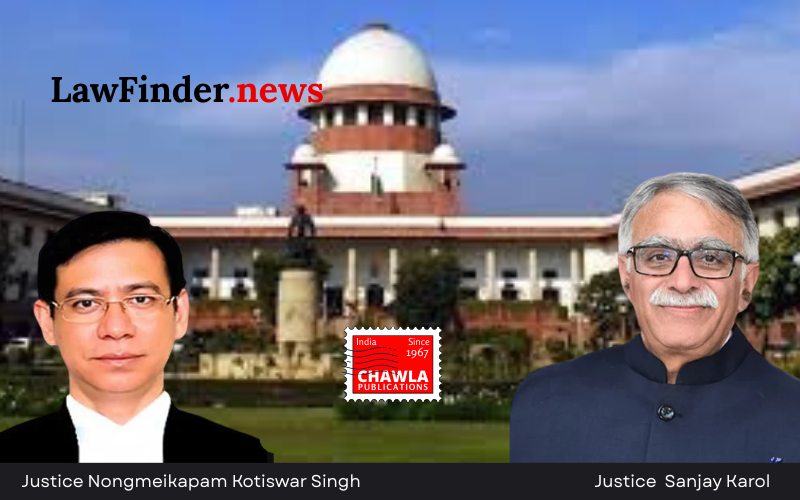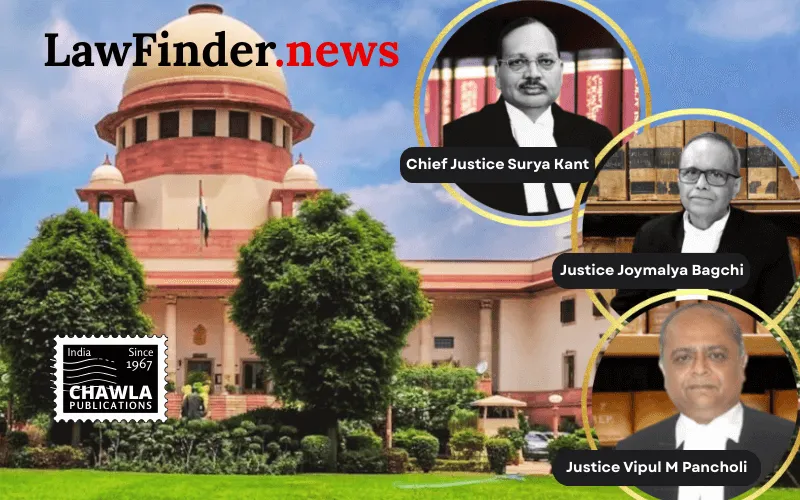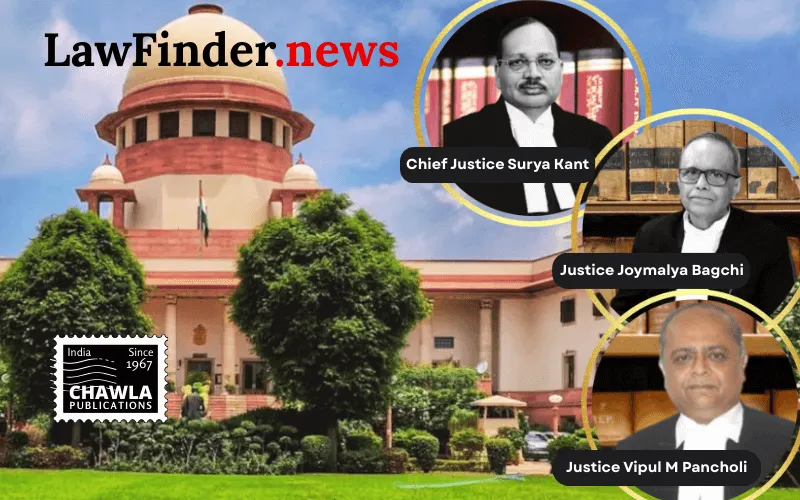Urgent intervention ordered to address systemic issues as backlog of cases continues to deny the right to a speedy trial.
In a significant move addressing the prolonged delays in the criminal justice system, the Supreme Court of India has expressed grave concerns over the systemic backlog of cases in Maharashtra, where the framing of charges has been pending for several years. The bench, comprising Justices Sanjay Karol and Nongmeikapam Kotiswar Singh, passed a critical order on October 7, 2025, directing the Registrar General of the Bombay High Court to investigate the reasons behind these delays and to ensure compliance with judicial and administrative instructions for expeditious trial proceedings.
The case in question, "Shubham Ganpati @ Ganesh Rathod v. State of Maharashtra," highlighted the plight of the petitioner who has been incarcerated since April 2021, without charges being framed. The Supreme Court emphasized that the right to a speedy trial is enshrined under Article 21 of the Indian Constitution and underscored the need for urgent judicial and administrative intervention to rectify the delays.
The court's order mandates the Registrar General to collect and analyze data from all districts in Maharashtra to identify similar cases where charges have not been framed despite the presentation of charge sheets. The court has asked for an affidavit to be filed within two weeks detailing the reasons for such delays, as well as measures undertaken to address the issue.
The Supreme Court's directive comes in the wake of revelations that charges remain unframed in approximately 649 cases, with some pending since as far back as 2006. The reasons cited for these delays include the non-production of accused persons and the non-appearance of advocates, either for the prosecution or the defense, on scheduled trial dates.
In its order, the Supreme Court has also called for accountability from prosecuting agencies and has suggested punitive measures, such as the cancellation of bail for non-cooperating accused individuals, to expedite the trial process. Furthermore, the court has demanded that the High Court of Judicature at Bombay ensure compliance with its previous circulars mandating the production of prisoners, either physically or virtually, to facilitate the trial process.
This order is expected to have far-reaching implications for the judicial system in Maharashtra and potentially across India, emphasizing the necessity of timely justice and the constitutional guarantee of a speedy trial. The Supreme Court has scheduled a follow-up on October 17, 2025, to review the progress and compliance with its directives.
Bottom Line:
Right to a speedy trial is a fundamental right under Article 21 of the Constitution of India. Delay in framing of charges and conduct of trials due to systemic issues, including non-production of accused or non-appearance of advocates, requires urgent judicial and administrative intervention.
Statutory provision(s): Article 21 of the Constitution of India, Criminal Procedure Code, 1973
Shubham Ganpati @ Ganesh Rathod v. State of Maharashtra, (SC) : Law Finder Doc Id # 2791031




